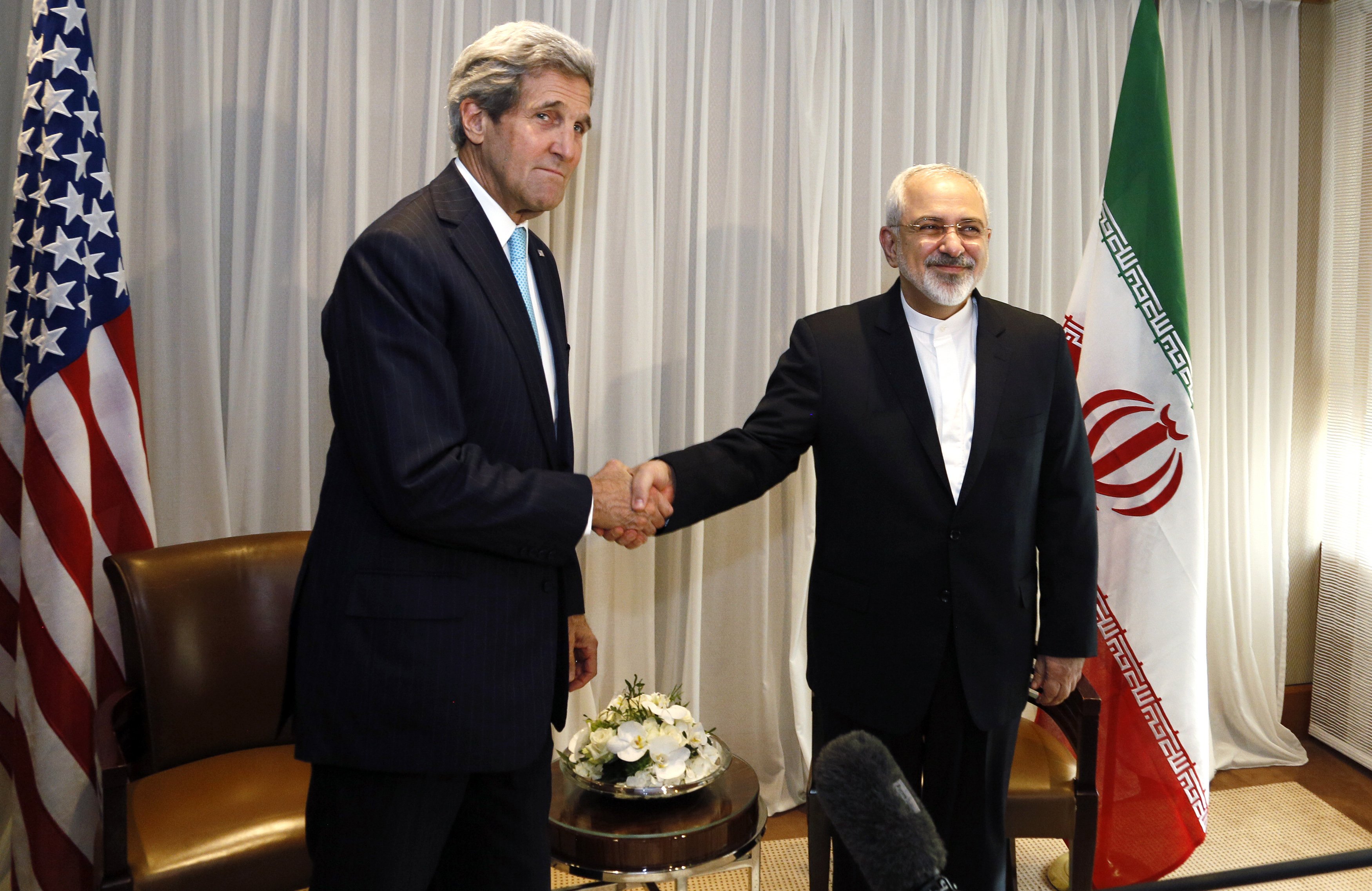BABAK DEHGHANPISHEH, Reuters

An unlikely group in the Middle East has found common ground in recent days: Saudi Arabia, Israel and hardliners within Iran have all made clear they consider the landmark nuclear deal between Tehran and world powers a very bad idea.
All of these players feel a direct threat to their power and influence as a result of last Tuesday’s agreement.
For the first time in more than three decades, Iran, a country with a highly educated population of some 80 million and huge oil and gas reserves, is poised to rejoin the international community and the result could be profound change both inside and outside the country.
"The geopolitical structure of the Middle East is changing,” said Saeed Leylaz, a prominent economist based in Tehran who worked as an advisor to former president Mohammad Khatami. “And Iran’s geopolitical importance is increasing.”
Many observers say the Islamic Republic is likely to use the influx of cash from the lifting of sanctions to stabilize its damaged economy, but Saudi Arabia and Israel are concerned it will further destabilize the region by shoring up proxy military forces with extra weapons and funds.
Supreme Leader Ayatollah Ali Khamenei, the highest authority in Iran, did little to alleviate these concerns in a fiery speech marking the end of the holy month of Ramadan on Saturday.
He said the nuclear deal would not change Iran’s policy in supporting allies in Syria, Iraq, Bahrain, Yemen, Lebanon and among the Palestinians.
"The policies of America in the region are 180 degrees apart from the policies of the Islamic Republic,” Khamenei said.
Iran’s extensive involvement in conflicts across the region has left America’s long-standing allies questioning why a deal was struck at all.
Israeli Prime Minister Benjamin Netanyahu called the deal a "historic mistake" while Saudi Prince Bandar bin Sultan, who served as the ambassador to the U.S. for more than two decades, wrote that it would “wreak havoc in the Middle East".
SHAKING HANDS WITH ‘SATAN’
 Rick Wilking/ReutersU.S. Secretary of State John Kerry shakes hands with Iranian Foreign Minister Mohammad Javad Zarif before a meeting in Geneva January 14, 2015.
Rick Wilking/ReutersU.S. Secretary of State John Kerry shakes hands with Iranian Foreign Minister Mohammad Javad Zarif before a meeting in Geneva January 14, 2015.
While the U.S. is unlikely to abandon its traditional allies, engaging Iran for the first time in years could shift the balance of power in the region, observers say.
And despite Khamenei’s anti-U.S. rhetoric, Iranian officials will need to work with their American counterparts as the deal is implemented.
"The entire history of this region in the past four decades has been based on the assumption that Iran is outside the region. That there is a tight alliance between Arabs and the United States for managing the Middle East that doesn’t include Iran," said Vali Nasr, the dean of the Johns Hopkins School of Advanced International Studies and a former advisor to the U.S. State department.
"The nuclear deal does change that. Whether the Arabs should be worried about it is an open question but they’re definitely shocked by it and are reacting to it."
But it is perhaps inside Iran where the impact of the deal will be felt most.
The taboo of talking to the “Great Satan”, the term Iranian officials have used to refer to the United States for years, has been broken. That presents a threat to hardliners who see Iran’s anti-American stance as a pillar of the 1979 Islamic Revolution.
 ReutersA woman walks past an anti-American mural on a wall of the former U.S. embassy in central Tehran May 1, 2008.
ReutersA woman walks past an anti-American mural on a wall of the former U.S. embassy in central Tehran May 1, 2008.
"The symbolic impact of making a deal is much bigger in Iran than in the United States,” said Nasr. “The idea of shaking hands with the so-called Great Satan, arriving at an agreement with them, the symbolism of the foreign minister huddling with the American secretary of state – these really change the entire political narrative in Iran.”
Reaction to the deal highlighted the splits between moderates and hardliners in Iran. Conservative politicians and news outlets expressed scepticism about both it and the intentions of the world powers, while moderate politicians and news outlets portrayed it as a big opportunity for the country.
Khamenei’s response has been ambiguous: he thanked the negotiating team but has not given the deal a ringing endorsement. Supporting the negotiators was a political risk and by avoiding overt approval of the final deal, he can avert criticism if it falls apart, observers say.
“He is giving himself a lot of plausible deniability,” said Abbas Milani, the director of the Iranian Studies program at Stanford University. “He’s hinting to the more radical elements not to attack the deal too aggressively but he’s also not telling them not to attack it. He’s keeping his options open.”



